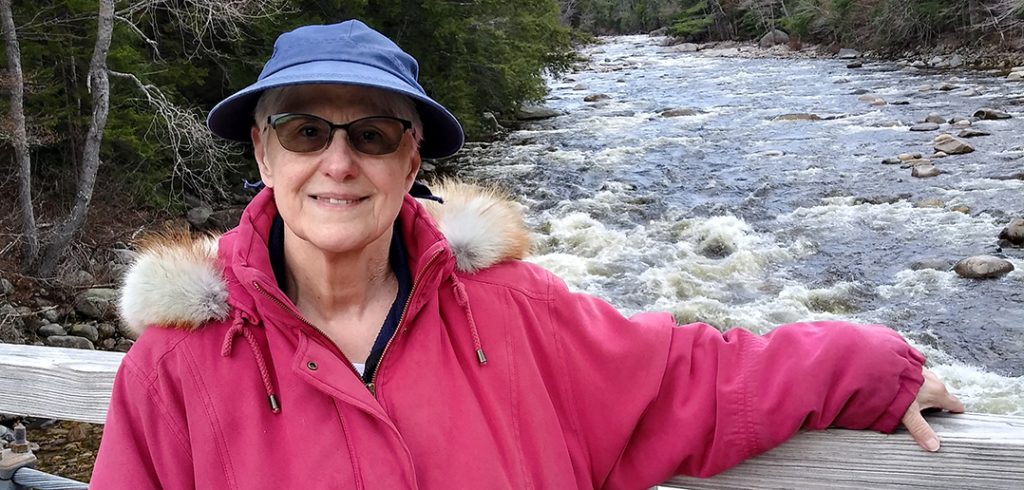Sociology is “unrecognized in its potential,” said Josephine Ruggiero, Ph.D., GSAS ’70, ’73, professor emerita of sociology at Providence College. It presents rich possibilities for cross-disciplinary research, as shown by an online journal she founded. And, she said, it often refutes widely accepted notions about societal problems.
“One of the things sociologists have done more and more … is to test out ‘common sense’ notions against real data and to see whether they are supported,” she said. “Many times, in fact, they’re not.”
To invest in its next generation of practitioners, Ruggiero is creating a Fordham scholarship—via a bequest—for undergraduate students majoring in sociology who are aiming for public service or social justice-related careers.
She spent her career helping sociology students grow as researchers and get professional experience. In the classroom, she taught research methods and statistics, as well as introduction to sociology—a class she thinks everyone should take.
“Sociology was the first great love of my life,” she said, “because it really helps you to understand not only yourself and the life circumstances from which you come and the situations into which you move, but also the bigger picture of how other people operate.”
Refuting Stereotypes
Ruggiero discovered sociology as an undergraduate at Albertus Magnus College before earning master’s and doctoral degrees in the field at Fordham’s Graduate School of Arts and Sciences, where she specialized in urban sociology, research methods, and social statistics.
Rigorous sociological research “grounded in data” often contradicts so-called common knowledge, she said. For instance, past studies have shown that, contrary to the stereotype of being “lazy and looking for a handout,” nearly all welfare recipients are elderly, mentally ill, physically challenged, or children of mothers who have few skills, she said.
Also, studies have shown that rape is most often a learned behavior, rather than something driven by mental illness, she noted. Another study found that children who have no siblings, far from being more spoiled and selfish, tend to be more mature and socially adept than those who do.
Ruggiero taught sociology at Providence College for 41 years and founded the New England Undergraduate Research Conference in Sociology, which ran at the college for 20 years, through spring 1995. In the 1980s, she offered an applied sociology course with an internship component. She later developed two internship courses that placed sociology and women’s studies students in government agencies, the public defenders’ office, and various nonprofits and human service agencies.
Today she serves as editor in chief of an online journal, Sociology Between the Gaps: Forgotten and Neglected Topics, featuring research in sociology but also in global studies, political science, health services, and other areas.
Ruggiero founded it in 2014—the year she retired from teaching—to show students the growing importance of sociology. “The more complex the world gets,” she said, “the more it matters.”
Scholarship gifts support advance Fordham’s $350 million fundraising campaign, Cura Personalis | For Every Fordham Student. Learn more about the campaign and make a gift.

